Panelist from Queen’s University in Kingston, Ontario, Canada
演讲者

Jerry Tan
Canada
Dr. Tan graduated in medicine from Queen’s University in Kingston, Ontario, Canada and trained in internal medicine at the University of Toronto. He trained in dermatology at University of British Columbia and University of Michigan. He practices in Windsor Ontario Canada. Research focus includes acne, acne scars and rosacea. He has an interest in shared decision making and his group has developed patient decision aids in dermatology – on acne, psoriasis, rosacea and hidradenitis suppurativa – available at [http://www.informed-decisions.org<http://www.informed-decisions.org/>]www.informed-decisions.org<http://www.informed-decisions.org/> He is the past President of the Acne and Rosacea Society of Canada, co-chair of the Acne Core Outcomes Research Network (ACORN), a co-author of acne guidelines for the AAD, Canada, Singapore and the Emirates and has been an associate editor of the JAAD and the BJD. Over the past 3 decades, he has authored/co-authored more than 150 peer-reviewed publications.
源事件

Chinese Perspectives | Common Skin Disorders
Dear Colleagues,
We are thrilled to extend a cordial invitation to you for the inaugural event of our series, "Chinese Perspective on Common Skin Disorders," organized by Prof. Hai Ping Zhang 张海萍 of Xuanwu Hospital, Capital Medical University, Beijing.
黄帝内经 is the father of Traditional Chinese Medicine. As a leader of evidence-based dermatological education, we are excited to draw inspiration from the profound wisdom of Traditional Chinese Medicine, exemplified by the Huang Di Nei Jing (Yellow Emperor’s Inner Canon). Our case series delves into the interplay between cultural factors, traditional practices, and modern dermatological approaches in managing skin disorders prevalent in China.
Our first event focuses on acne treatment, exploring the multifaceted influences of diet, lifestyle, and traditional remedies on this common dermatological condition. Through meticulous case studies and analysis, our esteemed speakers will unravel the complexities of acne management, offering innovative solutions and practical strategies for effective care.
This case series, "Common Skin Disorders: A Chinese Perspective," offers a focused examination of dermatological conditions through the unique lens of Chinese medical practitioners.
Through concise yet comprehensive exploration, this series aims to contribute to the broader understanding of dermatological perspectives worldwide.
We look forward to welcoming you to this illuminating event.
Warm regards,
Professor ZHANG Hai Ping 张海萍, MD, PhD
Director of Department of Dermatology
Xuanwu Hospital
Capital Medical University
Beijing, CHINA
相似视频
Source event Program
Acne Treatment in China
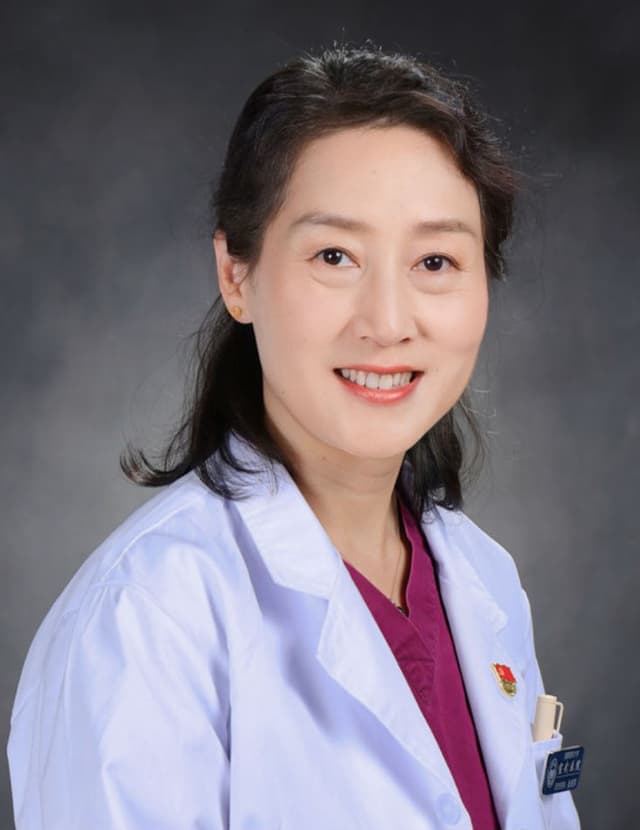
Introduction - Acne Treatment in China
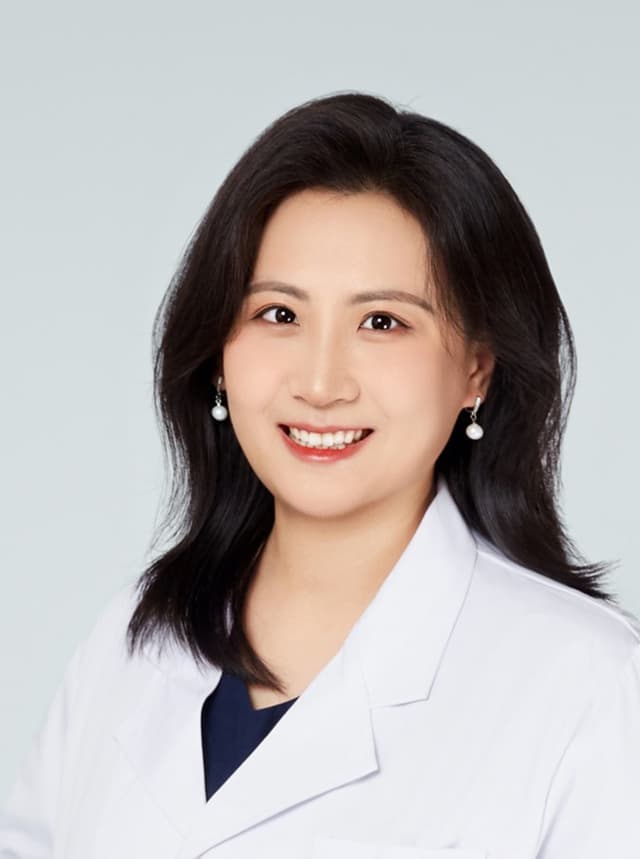
Chinese Perspectives on Acne Treatment. A Case Series
Panel Discussion - Acne Treatment in China
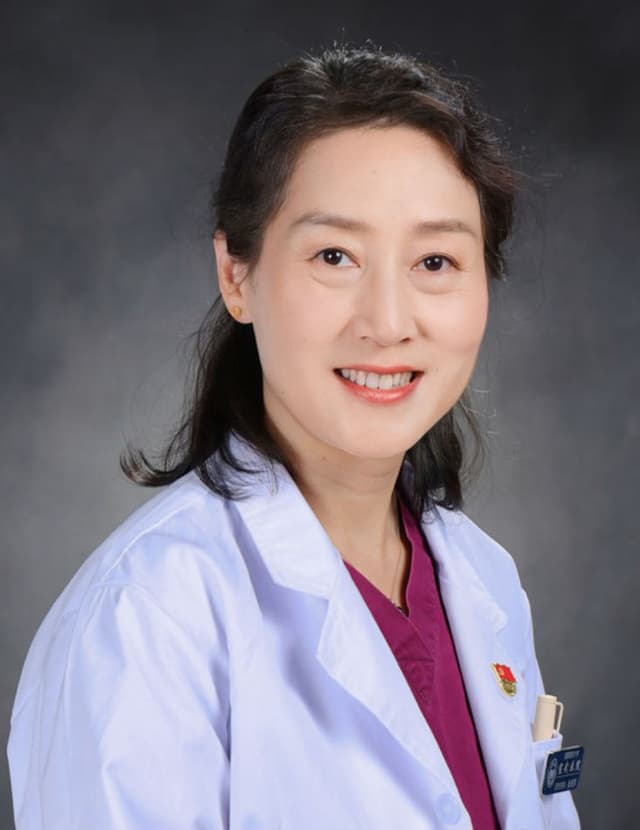
Panel Discussion - Acne Treatment (with Canada)

Panel Discussion Acne Treatment (China)

Panelist from Queen’s University in Kingston, Ontario, Canada

Panelist from the department of Dermatology, Xuanwu Hospital, Capital Medical University, China.

Panelist from The Department of Dermatology, Union Hospita, Tongji Medical College, Huazhong University of Science and Technology, China.
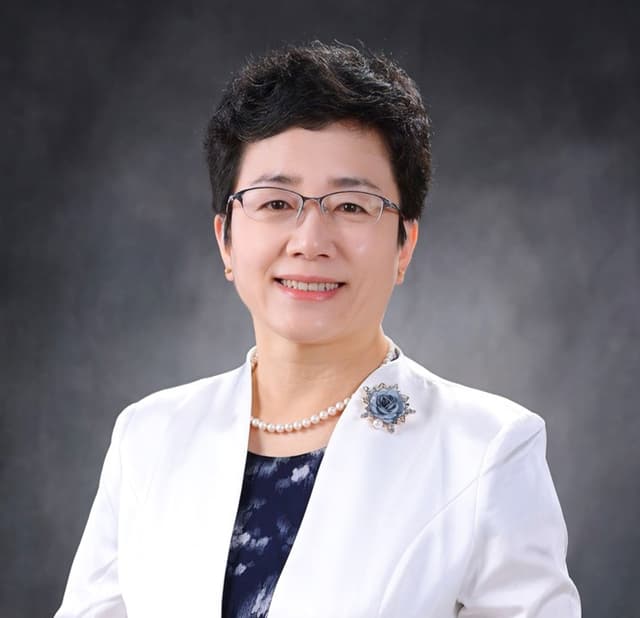
Panelist from the Department of Dermatology, Beijing Chaoyang Hospital Affiliated to Capital Medical University, China.
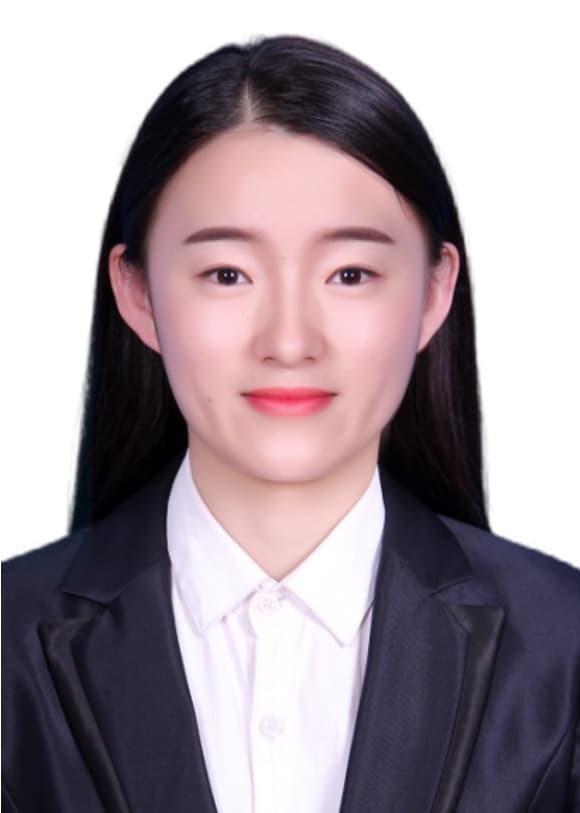
Panelist from Beijing Hospital of Traditional Chinese Medicine, Capital Medical University, Beijing, China.

Panelist from Department of Dermatology, Xuanwu Hospital, Capital Medical University, China.
Conclusion - Acne Treatment in China

Conclusion Acne Treatment in China
Might interest you

Cutaneous Medicine: Multidisciplinary Approaches in Dermatology
Chair: Prof. Fahafahantsoa Rapelanoro Rabenja,
This course explores the intersection of dermatology with other medical specialties, emphasizing a collaborative approach to diagnosing and managing complex skin disorders. It covers a wide range of topics, including dermatopathology, rheumatology, oncology, and infectious diseases, highlighting how systemic conditions manifest cutaneously. With contributions from experts in various fields, the text provides comprehensive insights into multidisciplinary care, advanced diagnostic techniques, and innovative treatments. Ideal for dermatologists, internists, and specialists, it bridges gaps between disciplines to improve patient outcomes in cutaneous medicine.

Pigmentation
Chair: Dr Seemal Desai, MD, FAAD
Hyperpigmentation is excess skin color from melanin. Understand melanin synthesis mechanisms and main causes.
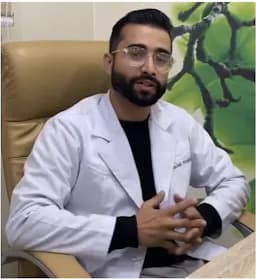
Neglected Tropical Skin Diseases
Chair: Dr. Prajwal Pudasaini, MD
Neglected tropical skin diseases affect poor populations in tropical areas. They include leprosy, mycetoma, and cutaneous leishmaniasis, causing disability and stigma. They receive little attention and resources, leading to poor diagnosis and treatment. Increased awareness and improved healthcare access are needed to help affected communities.

Acne Treatment in China
Chair: Prof. Haiping Zhang, PhD
Acne treatment in China combines traditional methods with modern practices.

Cyspera Medical Education
Chair: Global Dermatology,
Cyspera® is a topical pigment-correcting treatment formulated with cysteamine, a naturally occurring compound that reduces the appearance of persistent hyperpigmentation, including melasma, post-inflammatory hyperpigmentation, and lentigines. It is known for being non-hydroquinone, suitable for long-term use, and effective on all skin types.

Topographic Dermoscopy
Chair: Prof. Awatef Kelati, MD
Topographic dermoscopy refers to the region-specific application of dermoscopic examination, emphasizing the unique morphological patterns found across different anatomical sites. On facial skin, the dermoscopic assessment requires recognizing patterns influenced by the high density of pilosebaceous units and sun-induced changes, often presenting pseudonetworks and annular-granular structures. The ear, with its thin skin and sebaceous gland concentration, reveals specific vascular and follicular clues important in distinguishing benign from malignant lesions.
On the chest and back, where the skin is thicker and sun exposure varies, dermoscopy must account for irregular pigment distribution and architectural disorder, especially in large nevi or early melanomas. Limb lesions may show distinctive features due to mechanical friction, hair density, and vascular variations, demanding precise interpretation to identify atypical nevi or skin cancers.
Palmar and plantar dermoscopy highlights the parallel ridge pattern critical for melanoma diagnosis, contrasting with benign acral patterns like the parallel furrow or lattice-like structures. Scalp and hair disorders benefit from trichoscopy, where dermoscopic evaluation reveals specific signs such as yellow dots, broken hairs, or black dots, aiding in the diagnosis of alopecia areata, androgenetic alopecia, or tinea capitis.
In nail disorders, onychoscopy enables visualization of melanonychia, hemorrhages, and nail matrix changes, crucial for distinguishing subungual melanoma from benign causes like trauma or fungal infection. Mucosal dermoscopy, though technically challenging, provides diagnostic clues in pigmented lesions of the lips, genitalia, or oral mucosa, requiring adaptation to moist, non-keratinized surfaces.
Finally, ultraviolet dermoscopy reveals a unique application: scabies mites fluorescing bright green under UV light, enhancing detection when traditional visualization fails. Topographic dermoscopy thus demands both anatomical knowledge and technical adaptation to maximize diagnostic accuracy across diverse body sites.

ACNE
Chair: Dr. Jerry Tan, MD
The ACNE | Education Series, led by Dr. Jerry Tan, is a comprehensive global medical education initiative designed to enhance the understanding and skills of dermatologists and healthcare practitioners regarding acne. Participants will gain insights from leading international experts on the latest advancements in acne research, innovative treatment options, and patient-centered care approaches. The event features interactive discussions, live Q&A sessions, and evidence-based strategies, all at no cost. The esteemed faculty includes specialists from the USA, Italy, France, the UK, Singapore, Greece, Australia, Canada, and Germany. This is a valuable opportunity to improve clinical competencies and stay updated on current acne management practices.
Attendees will acquire up-to-date knowledge on acne pathophysiology, new therapeutic options, and patient-oriented management strategies to optimize clinical outcomes in acne treatment. The session will also provide practical insights through expert-led discussions and evidence-based approaches.

Psychodermatology
Chair: Prof Mohammad Jafferany, MD
This specialized course explores the vital intersection between dermatology and mental health, equipping clinicians with the knowledge and tools to manage psychodermatological conditions effectively. Through a blend of theoretical knowledge and practical application, participants will learn to diagnose and treat dermatological delusional disorders, identify psychiatric comorbidities in skin disease patients, and implement mental health strategies for chronic dermatoses. The curriculum also examines psychological factors in cosmetic dermatology and provides cutting-edge screening techniques for body dysmorphic disorder, including modern digital manifestations like Zoom dysmorphia. Adopting a patient-centered approach, the course emphasizes multidisciplinary management of conditions where psychological and dermatological factors interact. Participants will gain expertise in recognizing psychiatric components of skin diseases, addressing the emotional
burden of chronic conditions, and applying ethical principles in cosmetic practice. The training combines expert instruction with case-based learning to bridge theory and clinical practice. Designed for dermatologists, psychiatrists, psychologists, and primary care providers, this program enhances clinicians' ability to deliver holistic care that addresses both the visible and invisible aspects of skin disorders. Upon completion, practitioners will be better prepared to manage complex psychodermatological cases while improving patient outcomes through integrated mind-skin healthcare.

Tropical Dermatology and Neglected Tropical Dermatoses
Chair: Prof. Fahafahantsoa Rapelanoro Rabenja,
Dermatological diseases, particularly neglected tropical diseases (NTDs) with skin manifestations like deep mycosis (chromoblastomycosis, sporotrichosis, mycetoma), scabies, leprosy, lymphatic filariasis, and cutaneous leishmaniasis, pose major challenges for healthcare systems in resource-limited regions of Africa, Asia, and Latin America. These conditions severely affect vulnerable populations, suffering from frequent underdiagnosis and inadequate treatment that exacerbates suffering. Diseases such as atopic dermatitis are also under consideration for inclusion as skin NTDs through collaborative efforts involving ISAD, ASDV, and WHO. Furthermore, albinism, highly prevalent in sub-Saharan Africa, presents significant social challenges including stigmatization and occult beliefs. Despite these complex difficulties, the field is undergoing a historic transformation driven by science and technology, particularly artificial intelligence (AI), which offers tangible tools for improving diagnosis, treatment, and prevention. The participation of global experts facilitates vital knowledge exchange, exploration of innovative solutions, and helps address critical shortages of human and material resources in remote areas.
Learning Objective:
Understand the complex challenges posed by dermatological diseases, especially skin NTDs and conditions like albinism, in resource-limited settings, and recognize the critical role of global collaboration, technological innovation (particularly AI), and expert knowledge exchange in developing solutions to improve diagnosis, treatment, prevention, and resource allocation.

Dermoscopy
Chair: Prof Awatef Kelati, MD
This comprehensive dermoscopy course provides dermatologists and healthcare professionals with essential skills in skin lesion evaluation, covering fundamental principles through advanced diagnostic applications across five key areas: global dermoscopy practices, pigmented lesion analysis (including differentiation of benign and malignant patterns), specialized techniques for skin of color, skin cancer detection (melanoma and non-melanoma), and general dermatological conditions (inflammatory, infectious, and hair/nail disorders). Participants will develop proficiency in recognizing diagnostic patterns, adapting techniques for diverse skin types, and applying dermoscopic algorithms, ultimately enhancing their clinical accuracy through a combination of theoretical knowledge and practical case-based learning. The course emphasizes real-world application, addressing both common and challenging scenarios in dermatological practice.
